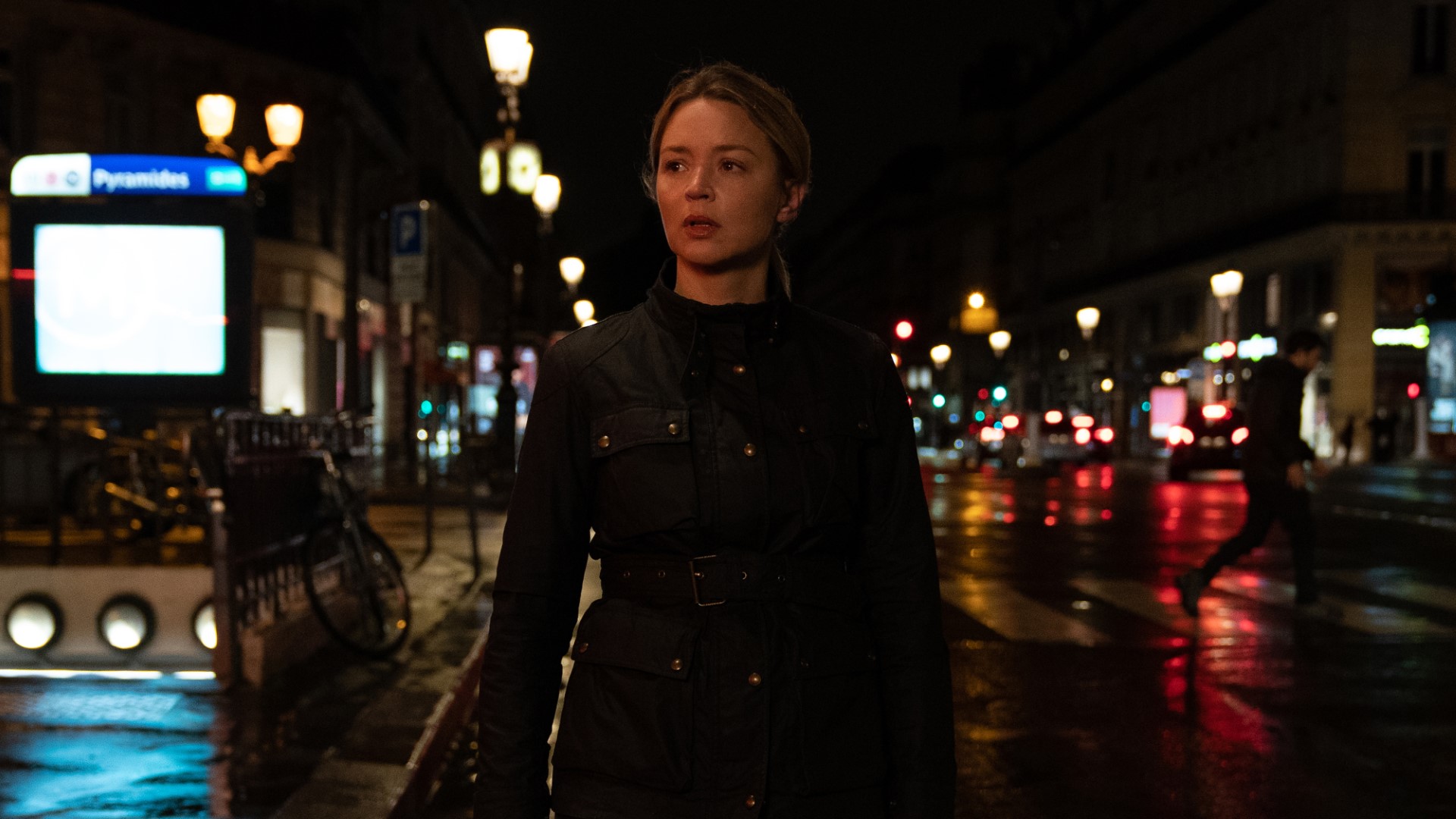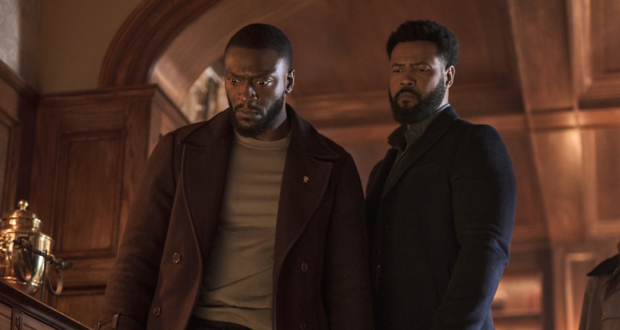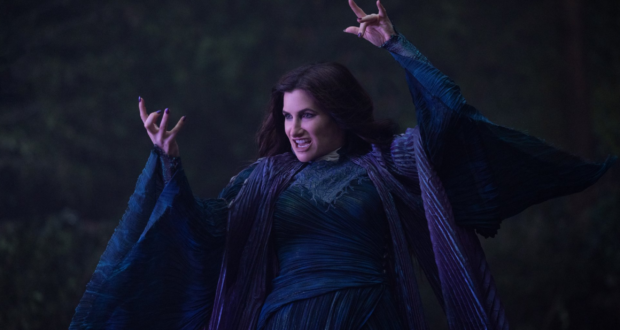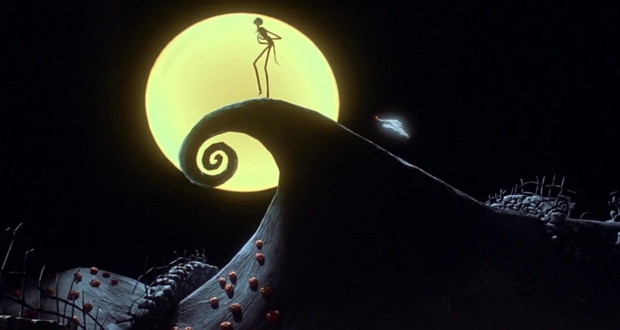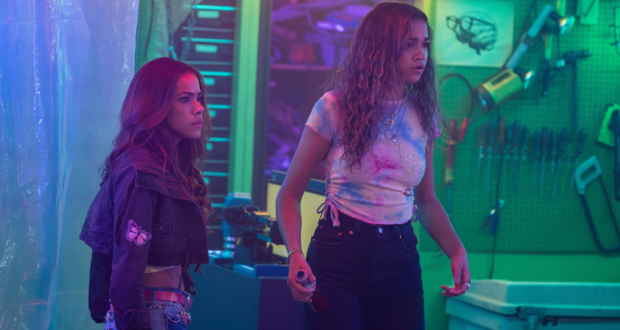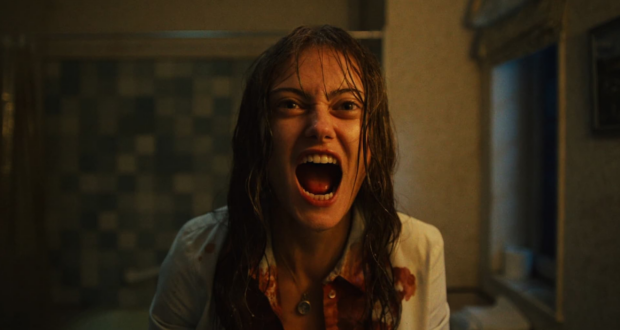In Alice Winocour‘s Revoir Paris, the aftermath of a traumatic event becomes a haunting exploration of grief, healing, and the profound connections forged amidst tragedy. This in-depth review delves into the film’s rich tapestry of emotions, highlighting the standout performance of Virginie Efira, the film’s romantic elements, its slow-burning build, and its powerful but slightly flawed conclusion.
At the heart of Revoir Paris lies Virginie Efira‘s captivating portrayal of Mia, a woman whose life is shattered after a violent incident in a Parisian bistro. Efira’s performance is a tour de force, as she effortlessly captures the nuances of Mia’s internal struggle, effectively conveying her numbness and her search for meaning. With subtlety and depth, Efira navigates Mia’s journey from despair to resilience, bringing an authenticity that makes her the undeniable highlight of the film.
The film beautifully weaves in romantic elements, further propelling the dramatic narrative. Mia’s relationship with her partner and friends becomes strained as they struggle to comprehend her emotional state, seeking solace in the normalcy she can no longer provide. This exploration of the complexities of love and intimacy amidst trauma adds a layer of poignancy to the story, making it more relatable and emotionally resonant.
 Winocour skillfully employs a slow-burning build technique throughout Revoir Paris, allowing the audience to immerse themselves in Mia’s fragmented reality. The deliberate pacing reflects the foggy haze of her memory and creates a palpable sense of anticipation. It also fosters a deep connection with Mia, as we witness her struggle to reconstruct the events and regain control over her life. The film’s deliberate and measured approach intensifies the impact of the story, building towards a climax that is both cathartic and powerful.
Winocour skillfully employs a slow-burning build technique throughout Revoir Paris, allowing the audience to immerse themselves in Mia’s fragmented reality. The deliberate pacing reflects the foggy haze of her memory and creates a palpable sense of anticipation. It also fosters a deep connection with Mia, as we witness her struggle to reconstruct the events and regain control over her life. The film’s deliberate and measured approach intensifies the impact of the story, building towards a climax that is both cathartic and powerful.
While the film excels in many aspects, it does have its flaws. At times, Revoir Paris feels slightly overlong, as certain scenes linger a bit too much without contributing significantly to the overall narrative. These moments may test the patience of some viewers, potentially detracting from the otherwise engaging and emotionally charged experience. Additionally, the film’s ending, though powerful, does not quite ‘stick the landing’ as strongly as one might hope. It leaves a few loose ends and unanswered questions, which may leave some viewers craving a more conclusive resolution.
Nevertheless, Revoir Paris is a poignant and thought-provoking film that succeeds in its exploration of grief, healing, and the significance of human connections in times of tragedy. Through Virginie Efira’s exceptional performance, the film effectively portrays the complexity of trauma and the resilience of the human spirit. It is a beautifully crafted meditation on the profound impact that shared experiences can have on one’s journey toward healing.
Revoir Paris delivers a moving and intimate cinematic experience that examines the depths of emotional turmoil and the transformative power of connection. While it may have moments that feel slightly overextended and an ending that leaves some loose threads, the film’s overall strength lies in its evocative storytelling, anchored by Virginie Efira’s outstanding performance. Alice Winocour’s directorial prowess shines through, making Revoir Paris a compelling exploration of the human capacity for healing and the enduring bonds that emerge from tragedy.
-
Acting - 8/10
8/10
-
Cinematography/Visual Effects - 7.5/10
7.5/10
-
Plot/Screenplay - 7/10
7/10
-
Setting/Theme - 7/10
7/10
-
Watchability - 7/10
7/10
-
Rewatchability - 7/10
7/10
